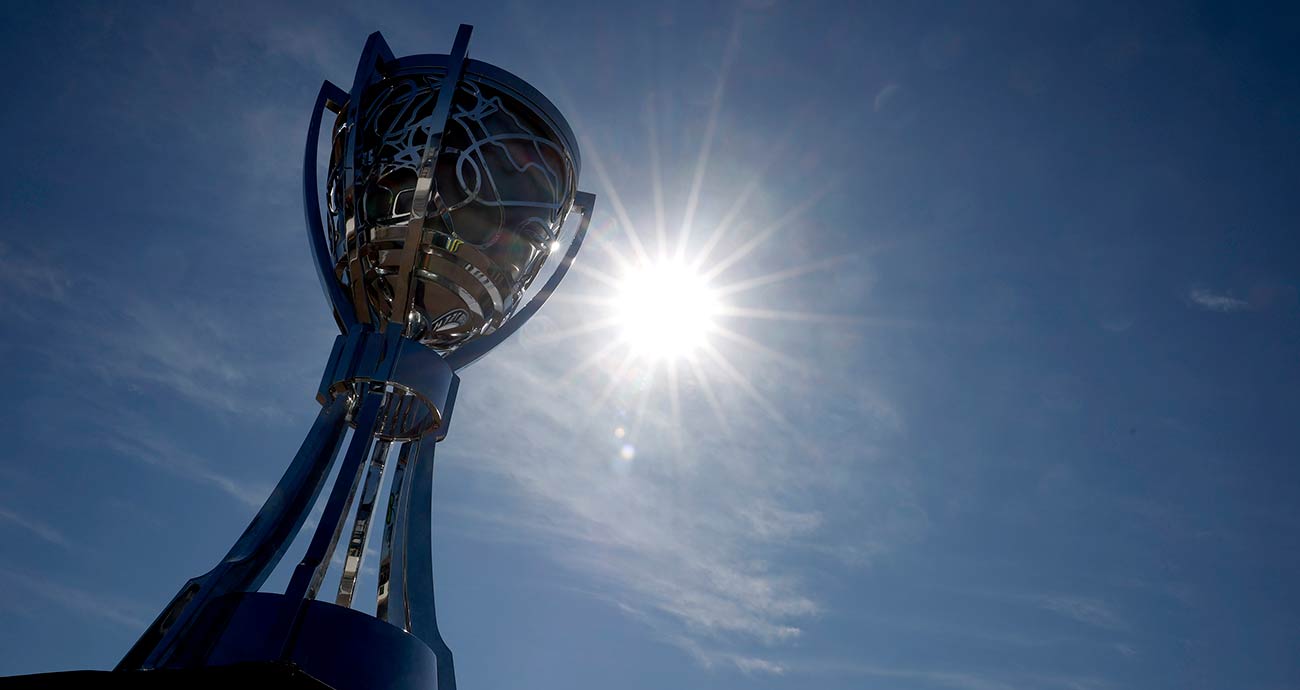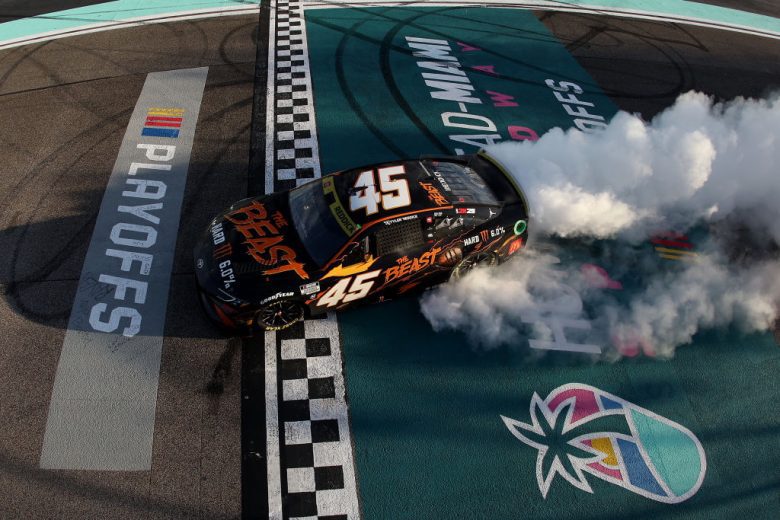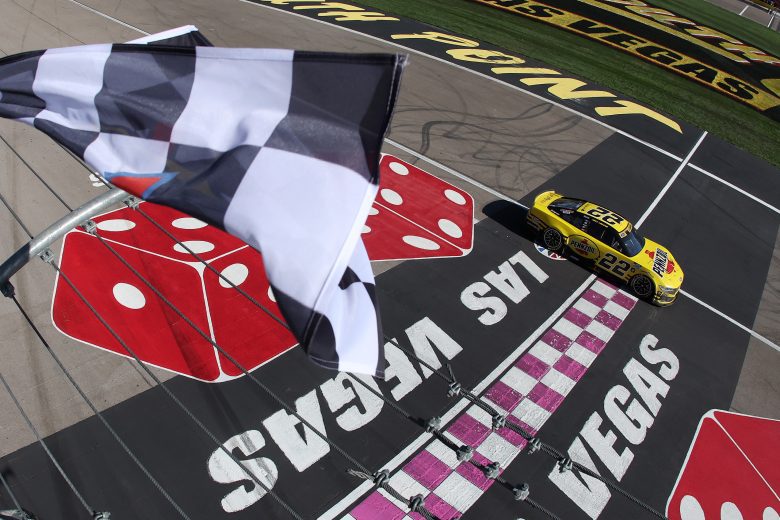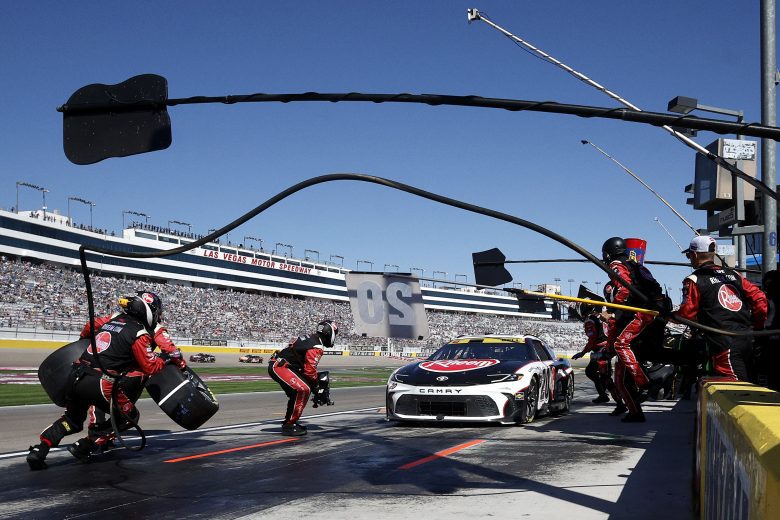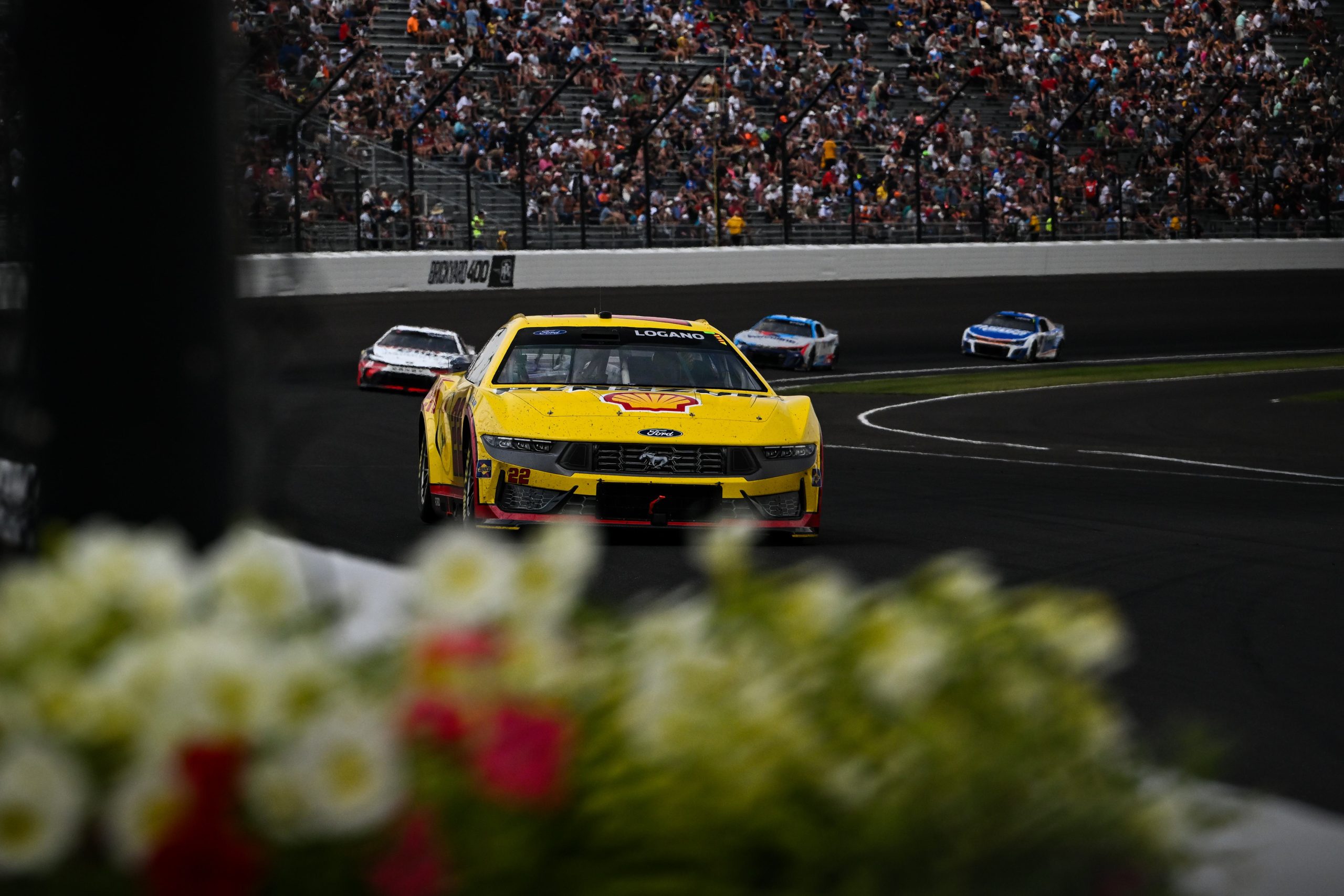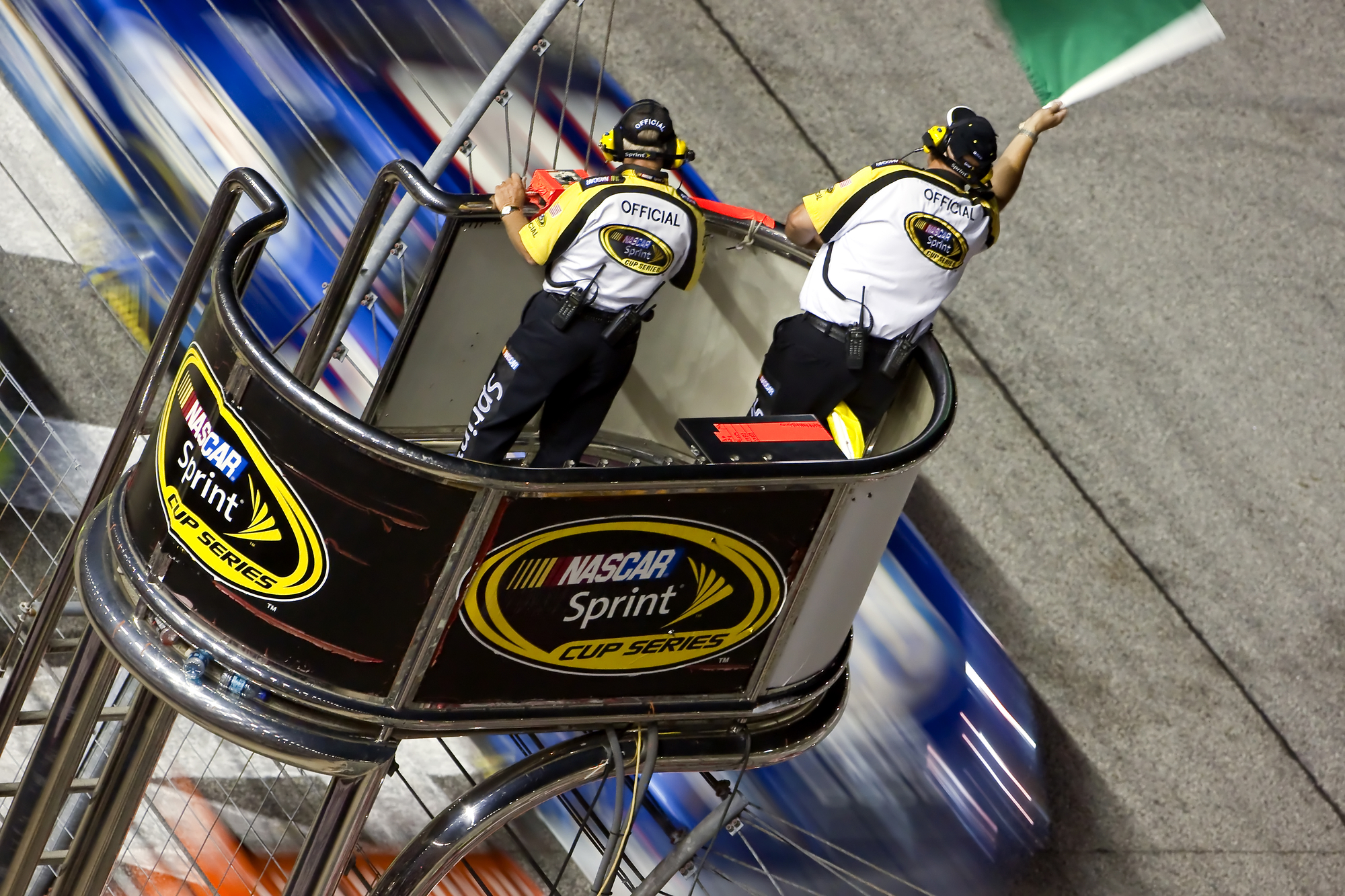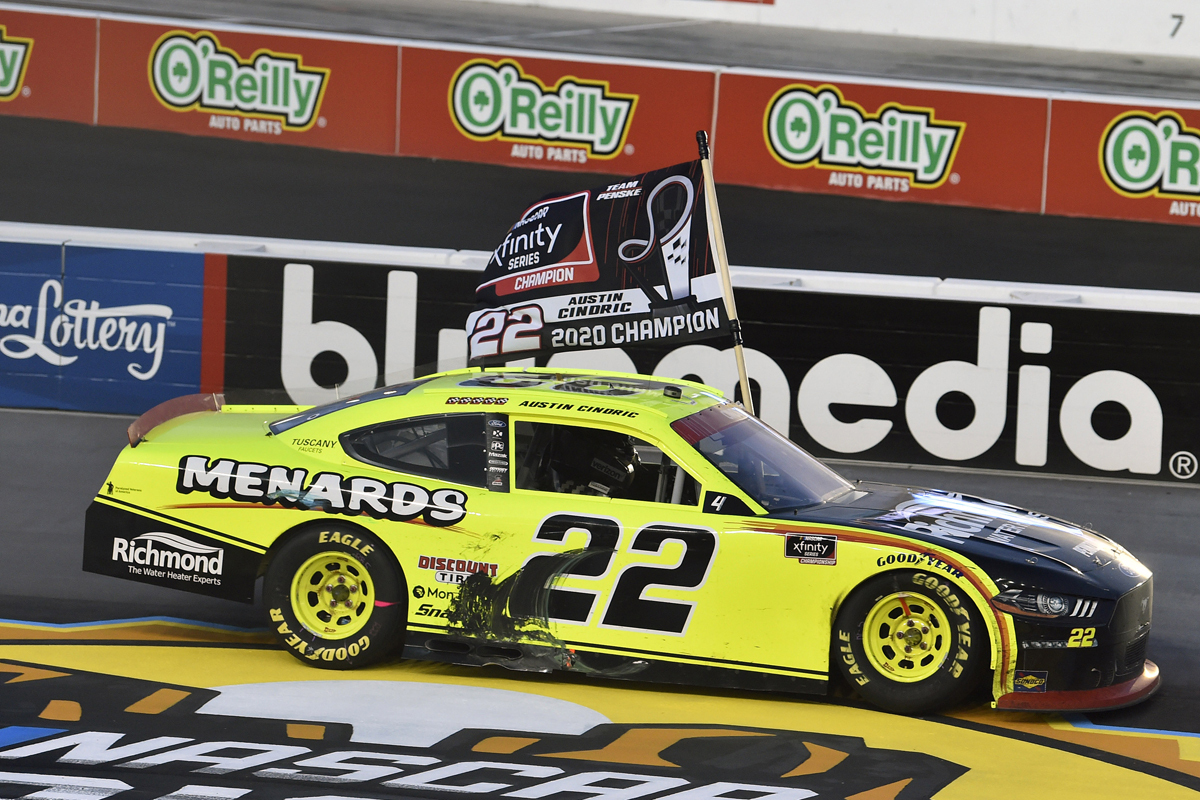When did NASCAR allow female drivers?
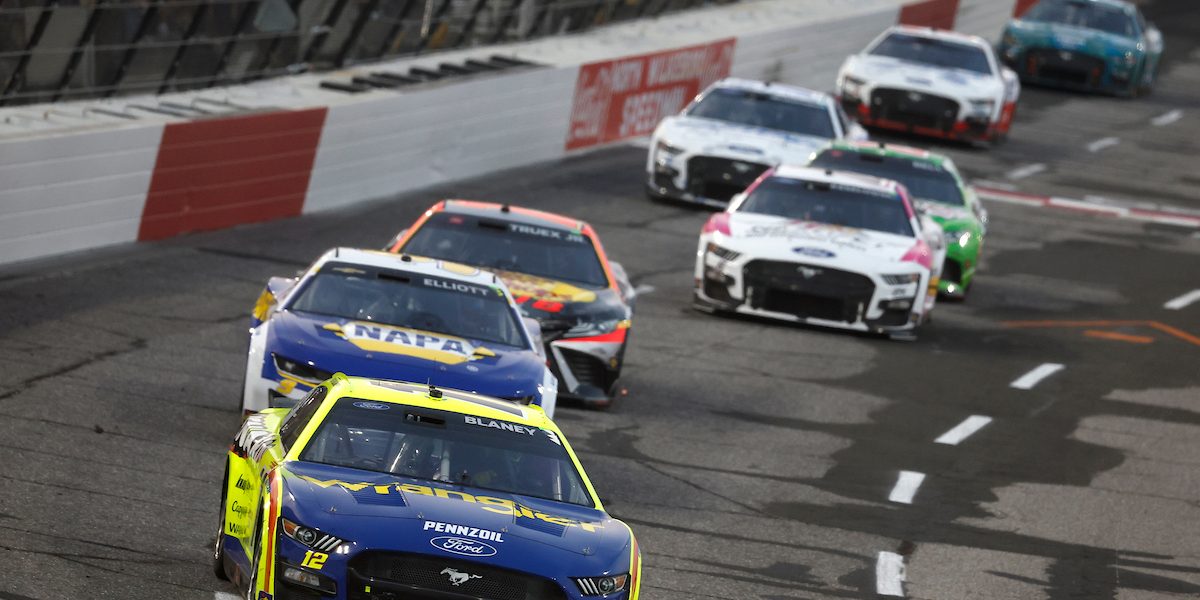
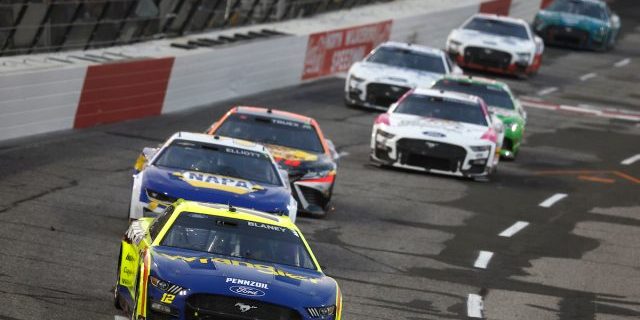
As a race enthusiast or someone just diving into the world of motorsports, you might wonder: When did NASCAR allow female drivers to grace the tracks?
NASCAR officially allowed female drivers in its races in the early 1970s.
Starting with the words, “in this article,” write 1-3 sentences introducing what the rest of the article will embody
In this article, we will delve deeper into the history and significance of female drivers in NASCAR. We will explore the challenges they faced, their groundbreaking achievements, and their profound impact on the sport.
write an H2 heading starting with “a detailed explanation,” followed by 3-4 detailed paragraphs explaining the above, including subheadings. End this section with a transition sentence starting with “here’s everything else”
Table of Contents
A Detailed Explanation of Female Drivers in NASCAR
Pioneers in the Sport
The early 1970s marked a transformative period for NASCAR. While the organization itself was established in 1948, it wasn’t until decades later that women began to make their mark. Janet Guthrie was one of the first to shatter this glass ceiling. In 1976, she became the first woman to compete in a NASCAR Winston Cup Series race. Her participation and subsequent achievements laid the foundation for future female drivers in the sport.
Challenges Faced by Female Drivers
The journey for female drivers in NASCAR was not without its hurdles. Stereotypes, gender biases, and the overwhelmingly male-dominated environment made it challenging for women to gain respect and recognition. Many had to constantly prove themselves, not just as female drivers, but as competent racers deserving of their spot on the track.
Significant Achievements and Milestones
Despite these challenges, several female drivers have made significant contributions to the sport. Danica Patrick, for instance, became the first woman to win a pole position in the Cup Series in 2013. These achievements, among others, have played a crucial role in normalizing the presence of women in NASCAR, paving the way for more inclusivity and diversity in the sport.
Here’s everything else you need to know about the broader implications of women’s participation in NASCAR.
Depending on the nature of the question, choose one of the following formats for the remainder of the article: Option 1: related questions the reader is most likely to have next Option 2: related headings the reader will need to know Whichever you decide, write at the FIRST THREE headings with AT LEAST 2-3 paragraphs under each. Be sure to delve into the nuances and any relevant steps, tips, examples, or analogies that will help explain it to the reader.
The Broader Implications of Women in NASCAR
Changing Perceptions in Motorsports
The inclusion of female drivers in NASCAR didn’t just influence the racing world; it played a pivotal role in challenging and changing societal norms. For years, motorsports were perceived as a “man’s game,” but the rise of women in the industry countered that notion. It showcased that talent and skill were not gender-specific. This shift in perception not only benefitted female racers but also inspired young girls, proving that they could succeed in any field they chose.
Marketing and Sponsorship Opportunities
The emergence of women in NASCAR opened the door for numerous marketing and sponsorship opportunities. Brands, especially those targeting female audiences, saw the potential in partnering with female drivers. This not only brought more visibility to the drivers but also expanded NASCAR’s reach to a broader demographic. It emphasized that NASCAR wasn’t just for a specific gender or group; it was a sport for everyone.
Inclusion and Diversity in Racing
The success of female drivers highlighted the importance of inclusion and diversity in sports. As more women joined the ranks and showcased their skills, it became evident that talent had no gender. Their presence led to discussions about the importance of inclusivity, not just in terms of gender but also race, ethnicity, and background. This movement towards a more inclusive NASCAR has made the sport richer and more representative of its vast fan base.
The Legacy Left Behind by Female NASCAR Drivers
Inspiration to Future Generations
The accomplishments of female drivers in NASCAR have served as an inspiration to countless individuals. Young girls and aspiring drivers look up to figures like Danica Patrick, Janet Guthrie, and others as symbols of determination and resilience. By breaking into a predominantly male domain, these drivers have shown that with enough grit and passion, any barrier can be transcended. Their stories have become sources of motivation, teaching future generations that success in any arena is possible, irrespective of gender.
A Catalyst for Equal Opportunities in Sports
The presence of women in NASCAR was not just a statement for motorsports but also sent a powerful message to other sports disciplines. Their acceptance and subsequent achievements set precedents for other sports organizations to evaluate and reconsider their gender inclusivity practices. It became a benchmark that showcased the importance of providing equal opportunities, recognizing talent, and eliminating gender biases.
Promotion of Gender Equality Outside Racing
The impact of female NASCAR drivers transcended beyond the tracks. Their journey became a topic of discussion in schools, homes, and workplaces. It highlighted broader issues of gender equality and women’s rights. Their determination to break into a male-dominated sphere became symbolic of the broader fight for women’s rights and gender equality in various sectors of society.
Here’s everything else that further strengthens the legacy of women in motorsports and beyond.
When did NASCAR allow female drivers? – Final Thoughts
You’ve taken a deep dive into the dynamic and impactful history of female drivers in NASCAR. From their early strides in the 1970s to shattering records and changing perceptions, women in NASCAR have indeed made an indelible mark. Remember, their journey was not just about racing; it was about breaking stereotypes, challenging norms, and redefining boundaries. As you reflect upon what you’ve learned, take inspiration from their stories, and remember that no matter the field, your passion and determination can drive you to success.
Write an FAQ with related questions that were NOT covered in the article above. The answers should be no more than 1-2 sentences each.
When did NASCAR allow female drivers? – FAQ
Q: Are there female drivers in other motorsport disciplines as well?
A: Yes, women have participated and succeeded in various motorsport disciplines, including Formula 1, IndyCar, and drag racing.
Q: How many female drivers have participated in NASCAR’s top-tier series?
A: Over the years, multiple women have raced in NASCAR’s top-tier series, but the exact number has varied across different periods.
Q: Have female drivers won any NASCAR races?
A: While female drivers have secured top-10 finishes and pole positions, as of my last update in 2021, a female driver has not won a race in NASCAR’s top-tier Cup Series.
Q: Who are some upcoming female drivers to watch in NASCAR?
A: The roster of female drivers evolves, but many young and talented female racers are continuously emerging in the motorsport world.
Q: How does NASCAR promote diversity and inclusion today?
A: NASCAR has various initiatives like the “Drive for Diversity” program aimed at attracting and supporting talent from diverse backgrounds into the sport.

